British Touring Car Championship organiser TOCA has announced that Cosworth Electronics will supply hybrid powertrains for the race series from 2022.
The new technology will be integrated into the competing cars’ existing 2.0-litre turbocharged powertrains, to keep costs down, and will be used primarily for passing and defending manoeuvres on track. But cars will also operate in full-electric mode in the pitlane.
The system will allow the BTCC to forego its current ‘success ballast’ system from 2022. Instead of race winners carrying more weight in their next outing, their hybrid usage will be more tightly restricted.
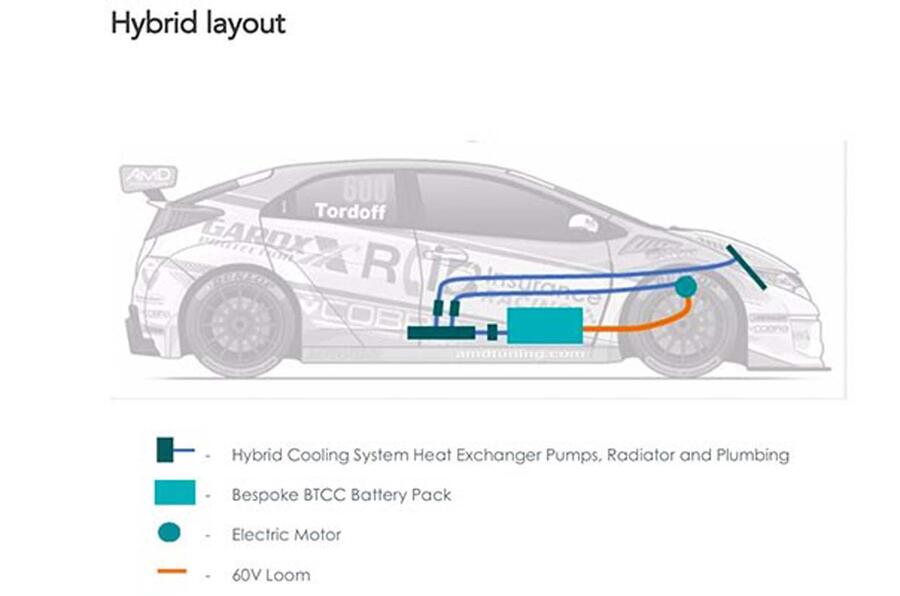
Cosworth Electronics, a subsidiary of renowned engineering firm Cosworth, won the tender having demonstrated it could meet the packaging, performance and cost requirements outlined by TOCA.
The compact 60-volt system comprises a gearbox-mounted electric motor and separate cooling unit. A bespoke battery and its associated hardware, alongside modifications to the gearbox and ancillaries, entails an estimated 64kg weight gain for each car.

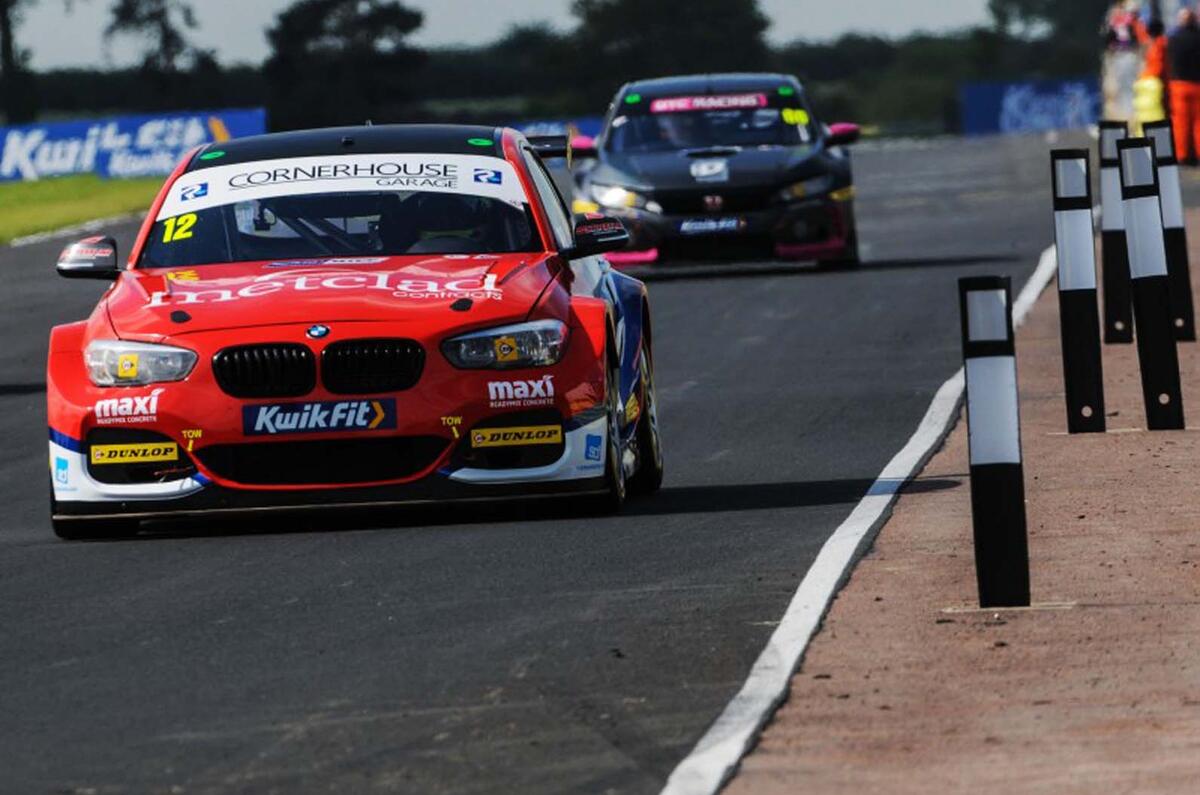
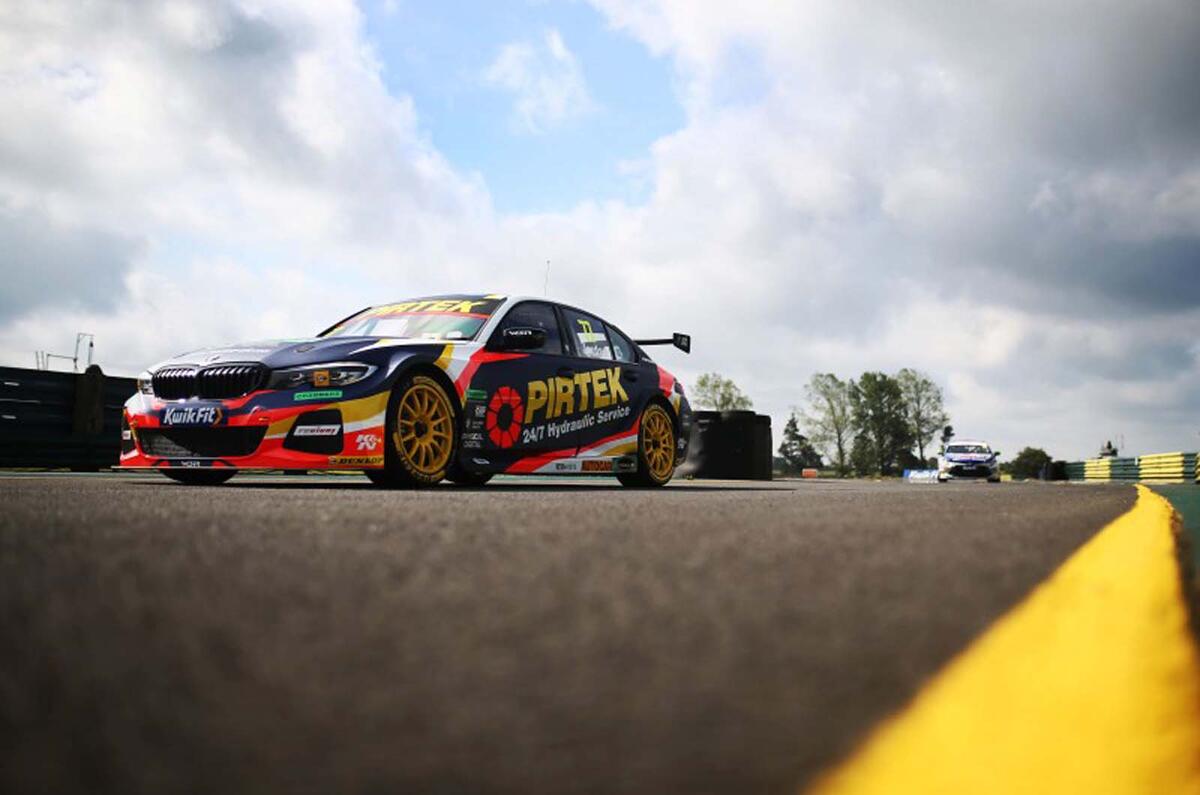
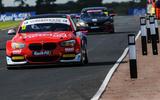
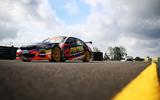
Add your comment